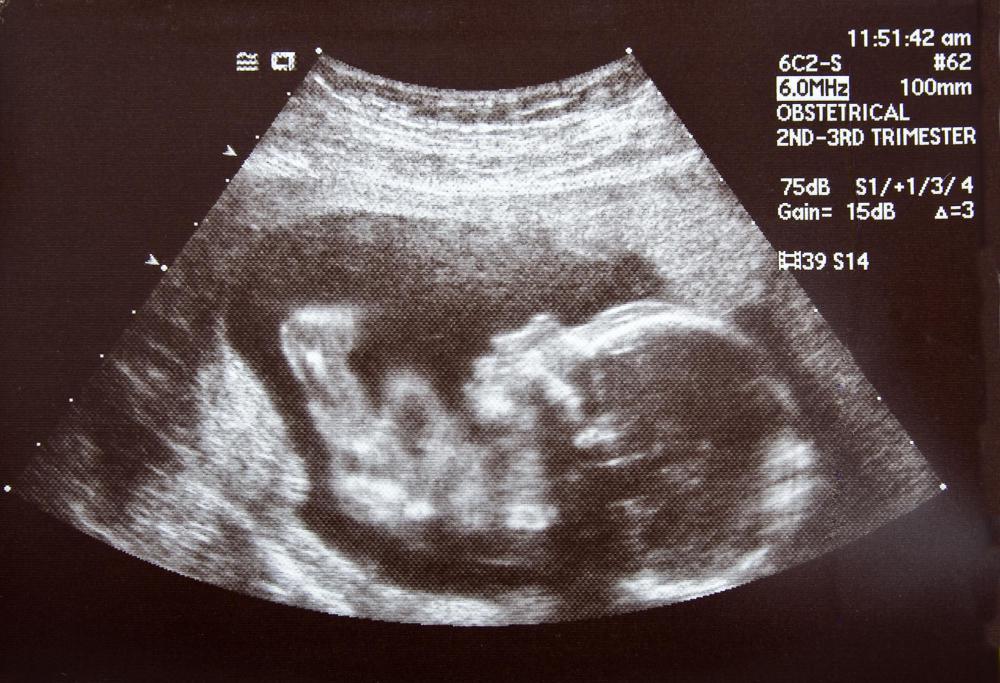At WiseGEEK, we're committed to delivering accurate, trustworthy information. Our expert-authored content is rigorously fact-checked and sourced from credible authorities. Discover how we uphold the highest standards in providing you with reliable knowledge.
What is a Fetal NST?
A fetal non-stress test (NST) is a type of fetal screen performed to check on the health of a fetus after the 28th week of pregnancy. This test involves monitoring the fetal heart rate over a period of time to see if the heart rate increases when the baby moves. If it does not, it can indicate that there is a problem with the placenta or that there are other pregnancy complications. If the test shows that the fetus is “nonreactive,” meaning that there are no changes in the heart rate, this is not necessarily an immediate cause for concern. Follow-up testing is needed to learn more.
Fetal NSTs are usually recommended when women have high risk pregnancies, when a doctor is concerned about the placenta, or when a woman notices that the fetus is moving less than usual. The test is noninvasive and carries no risks. The fetal NST can be done in a clinic or doctor's office and may be performed during an appointment for a regular prenatal exam for convenience.

In a fetal NST, the woman lies on an examination table and a belt with a fetal heart monitor is placed around her belly. Every time the baby moves, the woman presses a button. The movements are matched up with readouts from the fetal heart monitor to see how the heart rate responds to movement. A “reactive” test result indicates that changes in the heart rare were observed during the fetal NST and is a good sign.

The most frequent problem encountered with a fetal NST is that the fetus is asleep or not very active. The test can be timed for a period when the fetus normally moves, and if the fetus doesn't feel like cooperating, sometimes gently touching the belly or sounding a tone will wake the fetus up and encourage it to move around. External stimuli can often evoke a response in the fetus and are usually enough to rouse the fetus for the test.

A doctor may recommend multiple fetal NST sessions over the course of a pregnancy to monitor the mother and fetus. If abnormalities are observed, ultrasound and other testing options are available to learn more about why the fetus is nonreactive. Women tend to get to know the habits of the fetus over time, and it is advisable to call the doctor if a fetus seems less active than usual to discuss possible causes and make plans for a medical appointment.
AS FEATURED ON:
AS FEATURED ON:















Discussion Comments
@SailorJerry - First of all, congratulations on your coming bundle of joy and good luck with the last week(s) and the delivery. There's nothing else like it!
I had an NST with my pregnancy as well, for the same reason. I didn't know they were going to do it that day and I was glad that my mother happened to have tagged along to keep me company, because it would have been a bit lonely otherwise. It's just like the fetal heart rate monitor they sometimes use during labor, so it does show contractions. (I hadn't felt any, but turned out I was having plenty.)
The next step was going to be a biophysical profile (basically a detailed ultrasound) to make sure the baby was doing OK on amniotic fluid and so forth, but I went into labor before then (thankfully).
Some practitioners like to do a non stress test during any pregnancy that goes over 40 weeks. My wife just had her 39 week appointment and the doctor mentioned that if she is still pregnant next week, he'll go ahead and do an NST. I'm glad to know there's nothing to worry about.
Will the NST also show if she's having any contractions? MrsJerry says she hasn't felt any cramps or anything that feels like contractions, but she's a few centimeters dilated, so I guess she must be having them.
Post your comments